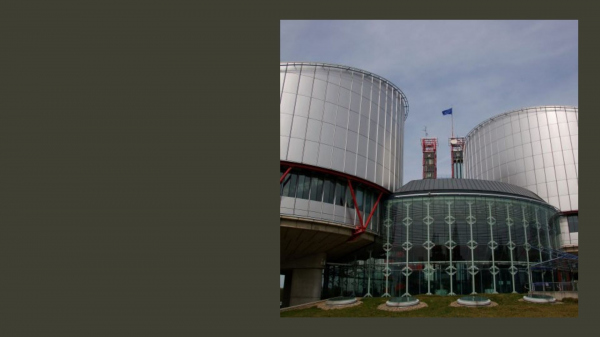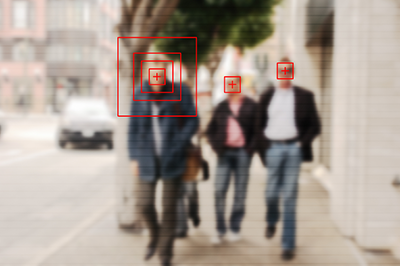
The Helsinki Foundation for Human Rights has published a report by Dr Katarzyna Wiśniewska and Dr Marcin Szwed on rule of law cases brought against Poland before the European Court of Human Rights.
The authors identify the key ECtHR standards relevant to the protection of the rule of law (and specifically of the independence of the judiciary) and discuss the “Polish” rule of law cases currently pending before the Court, viewed against the background of these standards. The authors also consider how the ECtHR adjudication of these cases may influence the situation in Poland.
In recent years, the European Court of Human Rights has formulated in its case law several important standards on the protection of the rule of law, in particular in the context of safeguarding the independence of the judiciary.
The report emphasises that the cases already communicated to Polish authorities by the ECtHR are divided into six groups, which include a total of 14 cases. In these cases, the ECtHR asked the Government of Poland questions about Article 6 (right to a court). In three groups of cases, the Court’s questions concerned Article 13 of the Convention (right to an effective remedy), while in three cases the questions were raised about other infringements, i.e. Article 8 (right to respect for private and family life), Article 10 (freedom of expression) and Article 1 of Protocol 1 (protection of property).
The authors of the report note that the protection of the rule of law in proceedings before the ECtHR is ensured through the consideration of specific applications submitted to the Court, based on a complaint of a violation of certain freedoms and rights enshrined in the European Convention on Human Rights.
The European Court of Human Rights protects the rule of law, and especially the right to an independent court, by examining specific applications submitted to the Court which allege violations of certain freedoms and rights enshrined in the European Convention on Human Rights. As a consequence, it is the applicants and their representatives who are primarily responsible for involving the ECtHR in such cases. Our report demonstrates that a number of proceedings pending before the Strasbourg Court are crucial for the protection of the rule of law in Poland. However, there are other areas where litigation before the Court may prove beneficial e.g. different aspects of domestic disciplinary proceedings, disproportionate punishment or sanction in retaliation for a judge’s exercise of their freedom of expression, rules of judicial secondments – says Dr Katarzyna Wiśniewska, Coordinator of the HFHR Strategic Litigation Programme.
The pending cases concern, inter alia, the status of the Polish Constitutional Court, National Council of the Judiciary, the new Chambers of the Polish Supreme Court, as well as the appointments and dismissals of judges from their functions within the judiciary. The relatively fast pace of the ECtHR’s examination of such applications suggests that the Court is increasingly more willing to give priority to cases involving the rule of law.
The ECtHR’s finding that there has been a breach of Article 6(1) ECHR in any of the communicated cases may be extremely important in practice, although the effects of such a judgment will obviously depend on its specific wording. For instance, if the Court rules that the newly created chambers of the Supreme Court do not constitute a “tribunal established by law”, this will mean that, in principle, any proceedings before these bodies are defective for the Convention purposes. In a similar vein, any ECtHR’s holding that the participation of persons elected by the Parliament in December 2015 in the examination of cases before the Constitutional Tribunal violates Article 6 ECHR would pave the way for the submission of applications for many Polish citizens – says Dr Marcin Szwed a lawyer of the Strategic Litigation Programme.


